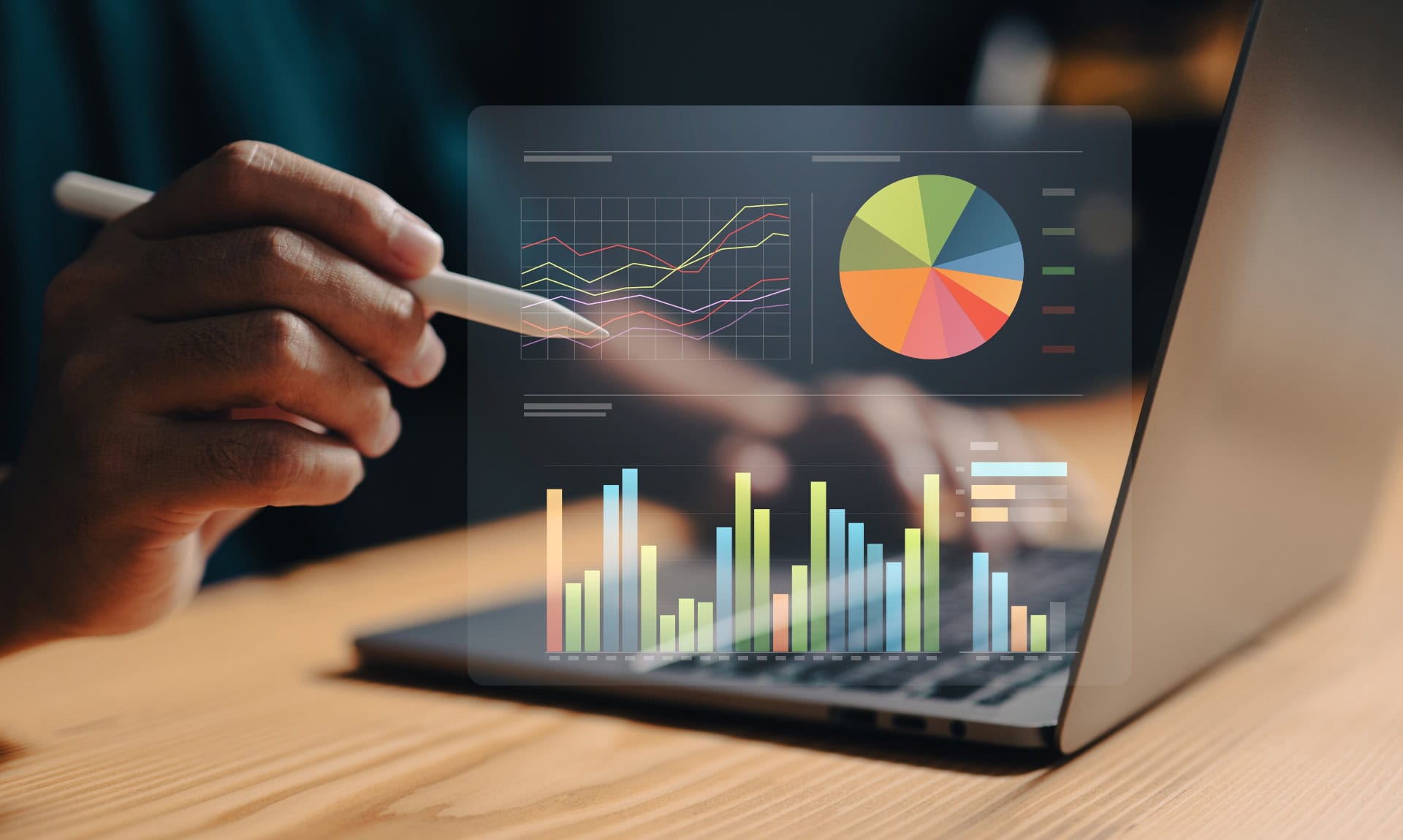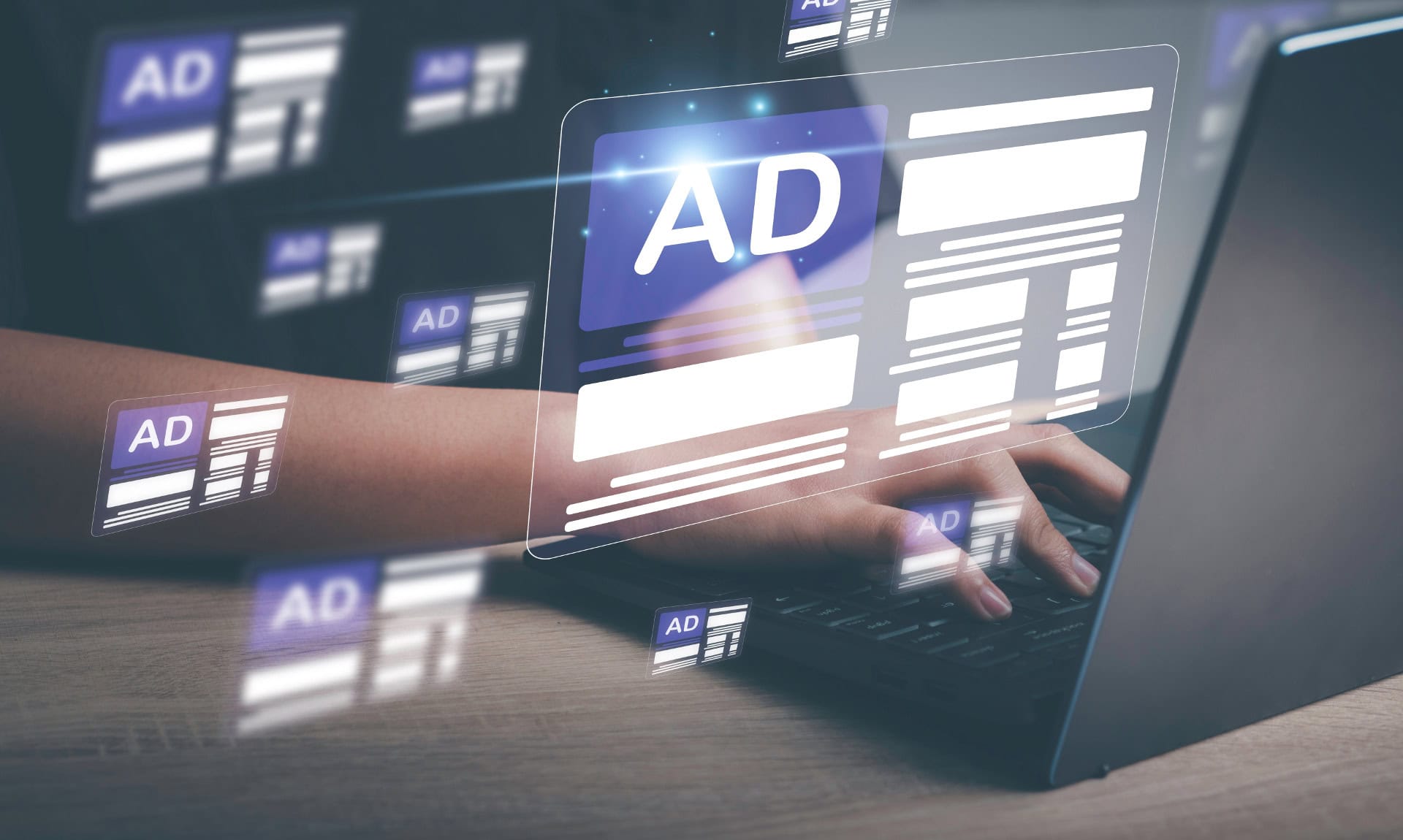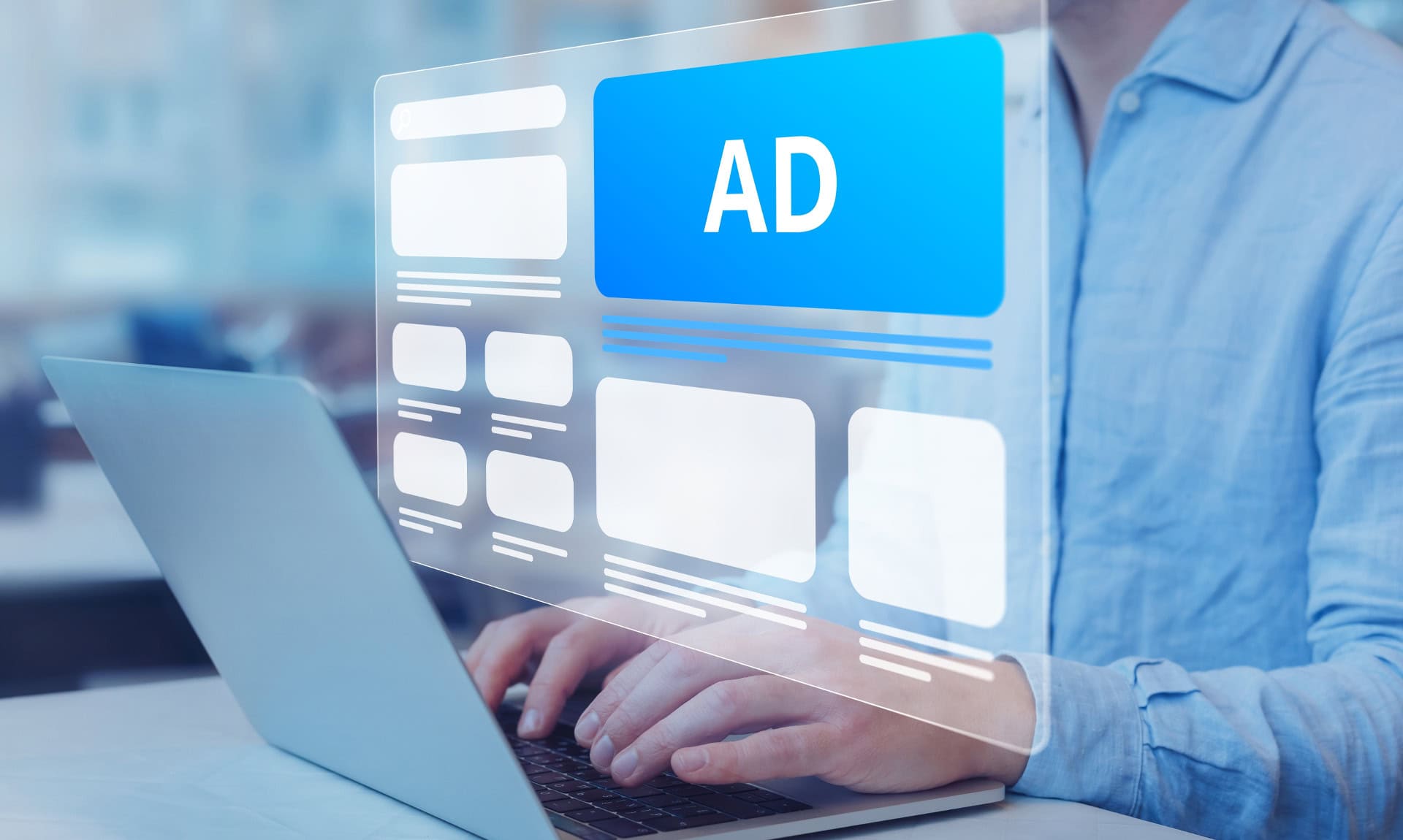
Performance Marketing vs Digital Marketing: What’s the Difference?
In the rapidly evolving world of marketing, understanding the nuances of performance marketing vs digital marketing is essential for businesses aiming to maximize their outreach and ROI. Both strategies offer unique benefits and can significantly impact your marketing efforts.
This article explains the key differences between performance marketing and digital marketing to help you determine which is best suited for your business needs.
What Is Performance Marketing?
Performance marketing is a digital marketing strategy where advertisers only pay for specific actions, such as clicks, leads, or sales, ensuring measurable ROI.
It relies heavily on data and analytics to optimize campaigns and maximize results. This approach is particularly effective for businesses seeking transparent and cost-effective advertising solutions.
Importance of Performance Marketing
Performance marketing is crucial because it ensures that marketing budgets are spent efficiently by paying only for successful actions, thus maximizing ROI. Additionally, its data-driven nature allows for continuous optimization, improving campaign effectiveness over time.
Performance Marketing Measurement
Measuring the effectiveness of performance marketing involves tracking various marketing metrics to ensure campaigns are delivering the desired results. Some commonly used KPIs are:
- Cost-Per-Click (CPC): This metric tracks the amount paid by an advertiser each time a potential customer clicks on their ad, helping to evaluate the cost-efficiency of the campaign.
- Cost Per Acquisition (CPA): CPA measures the cost associated with acquiring a customer or lead, providing insight into the profitability of marketing efforts.
- Return on Ad Spend (ROAS): ROAS calculates the revenue generated for every dollar spent on advertising, indicating the overall effectiveness of ad campaigns.
- Click-Through Rate (CTR): CTR is the ratio of users who click on an ad to the number of total users who view it, reflecting the ad’s appeal and relevance.
- Conversion Rate: This metric shows the percentage of users who complete a desired action after clicking on an ad, such as making a purchase or filling out a form, indicating the campaign’s success in driving actions.
Performance Marketing Strategies
Implementing a performance marketing strategy is key to a successful campaign. Commonly used tactics include:
- Search Engine Marketing (SEM): SEM uses paid search ads to increase visibility on search engine results pages, targeting users who are actively searching for related products or services to drive immediate and relevant traffic.
- Social Media Marketing (SMM): SMM involves placing paid ads on social media platforms like Facebook, Instagram, and LinkedIn, allowing businesses to target specific demographics and interests to enhance engagement and conversions.
- Over-The-Top (OTT) Advertising: OTT advertising refers to delivering ads directly to viewers via streaming media services, bypassing traditional cable and satellite TV providers, and reaching a more targeted audience.
- Connected TV (CTV) Advertising: CTV advertising involves showing streaming ads to viewers on internet-connected TVs, providing a way to reach audiences with precise targeting and measurable results.
- Programmatic Buying: Programmatic advertising encompasses automated ad buying using algorithms and data to target specific audiences, including various types such as display ads, video ads, and mobile ads, ensuring efficient and effective ad placements.
What Is Digital Marketing?
Digital marketing encompasses all marketing efforts that use the internet or an electronic device to reach consumers.
This includes channels such as search engines, social media, email, and websites to connect with current and prospective customers. Its broad scope allows businesses to engage with their audience through various online platforms and technologies.
Importance of Digital Marketing
Digital marketing is crucial as it allows businesses to reach a global audience, providing unparalleled opportunities for brand visibility and customer engagement. Additionally, it offers precise targeting and measurable results, enabling marketers to optimize their strategies and maximize ROI.
Digital Marketing Measurement
Measuring the effectiveness of digital marketing efforts involves tracking various KPIs to ensure campaigns are achieving their goals. Some of these digital marketing metrics include:
- Website Traffic: This metric tracks the number of visitors to your website, providing insight into the reach and effectiveness of your digital marketing campaigns.
- Bounce Rate: Bounce rate measures the percentage of visitors who leave your site after viewing only one page, indicating the relevance and quality of your website content.
- Average Session Duration: This metric shows the average amount of time visitors spend on your website during a single session, reflecting user engagement and interest in your content.
- Email Open Rate: Email open rate tracks the percentage of recipients who open your email campaigns, offering insights into the effectiveness of your subject lines and email strategy.
- Social Media Engagement: This includes likes, shares, comments, and overall interaction with your social media posts, indicating how well your content resonates with your audience.
Digital Marketing Strategies
To effectively reach and engage their target audience, businesses employ a variety of digital marketing strategies, including:
- Search Engine Optimization (SEO): SEO involves optimizing your website to rank higher in search engine results, driving organic traffic by making your content more discoverable.
- Content Marketing: This strategy focuses on creating and distributing valuable, relevant content to attract and engage a clearly defined audience, ultimately driving profitable customer action.
- Email Marketing: Email marketing uses targeted emails to communicate with potential and existing customers, nurturing relationships and driving conversions through personalized messages.
- Social Media Marketing: This involves promoting your brand and content on social media platforms (organically) to increase brand awareness, drive traffic, and generate leads or sales.
- Influencer Marketing: This strategy leverages influencers to promote your products or services, tapping into their established audience to build credibility and drive engagement.
Summary of Key Differences
That was a lot of information, so let’s summarize the key details. Understanding the differences between performance marketing and digital marketing can help businesses decide which strategy aligns best with their goals.
Goal Orientation
- Performance Marketing: Performance marketing focuses on measurable actions and outcomes, such as clicks, leads, or sales, ensuring that advertisers pay only for specific, trackable results.
- Digital Marketing: Digital marketing aims to build brand awareness, engage audiences, and drive long-term customer relationships through a variety of online channels, often involving broader, less directly measurable goals.
Types of Metrics
- Performance Marketing: This approach relies heavily on precise metrics like Cost Per Acquisition (CPA) and Return on Ad Spend (ROAS) to evaluate the effectiveness of campaigns, ensuring a clear link between spending and results.
- Digital Marketing: Digital marketing includes broader indicators such as website traffic, social media engagement, and content effectiveness, which may not directly tie to immediate financial outcomes.
Cost Structure
- Performance Marketing: Advertisers in performance marketing pay based on the completion of specific actions, making it a cost-effective approach that minimizes financial risk by aligning spending directly with results.
- Digital Marketing: Digital marketing campaigns may involve upfront costs for activities like content creation, SEO, and social media management, with the return on investment often realized over a longer period as brand presence and customer loyalty build.
Performance Marketing vs Digital Marketing: Final Thoughts
Understanding the difference between performance marketing and digital marketing is crucial for businesses aiming to optimize their marketing strategies.
Performance marketing offers a results-driven approach, while digital marketing encompasses a broader range of activities. By recognizing the strengths of each approach, businesses can effectively allocate their resources and achieve both immediate and long-term marketing goals.
News Via Inbox
Get our monthly report on all the latest and greatest trends in digital marketing.



